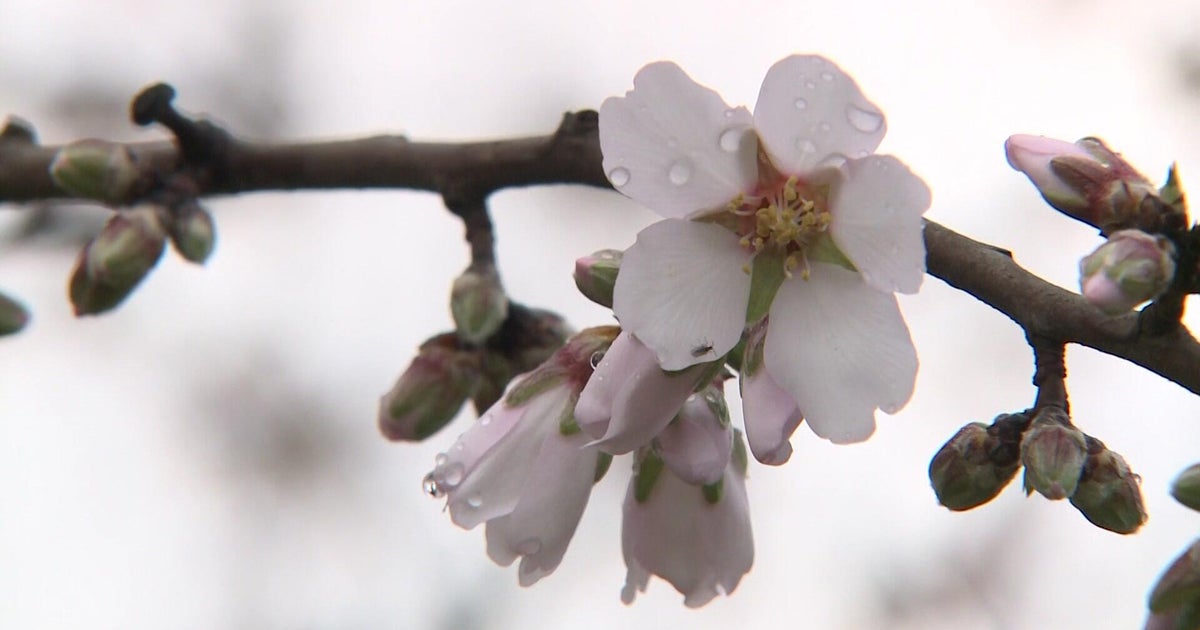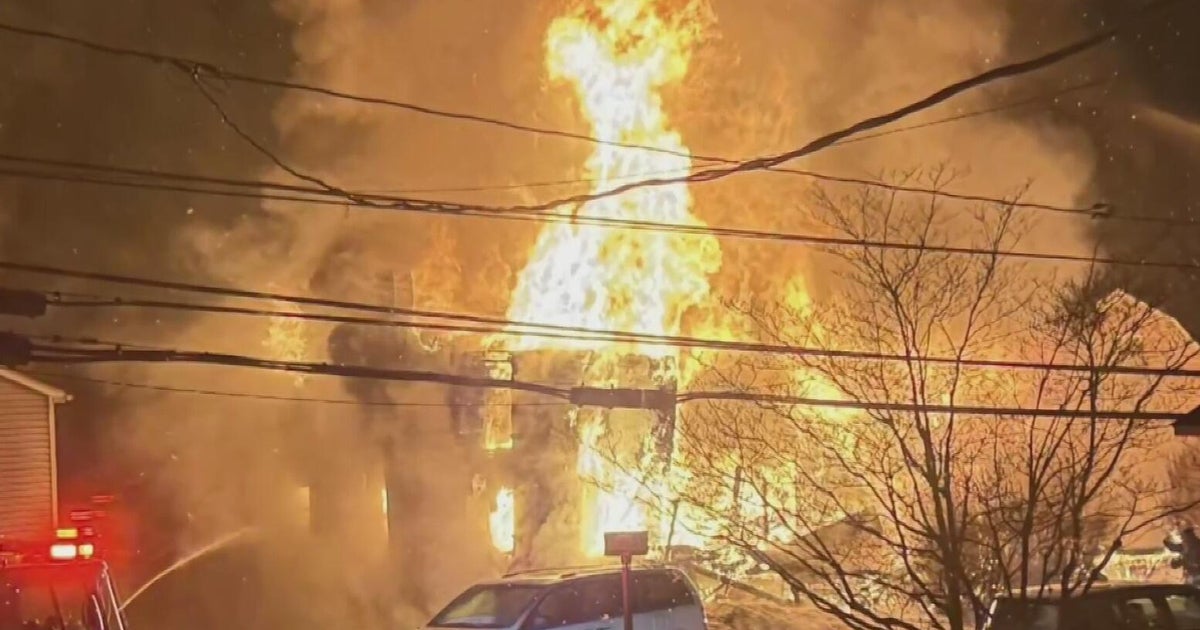Truck Carrying 2.5M Dead Bees Raising Awareness Of Bee Decline
SIOUX FALLS, S.D. (AP) — A truck hauling more than 2.5 million dead bees began a cross-country tour with a stop in South Dakota Monday in an effort to raise awareness on the collapse of bee colonies and other pollinators in the U.S. and the role that chemicals such as pesticides have played in the decline.
The tour comes about a month after a federal report on honeybees showed a jump in the winter colony loss rate. Backed by Friends of the Earth and other advocacy groups, the truck will stop in Minnesota, Michigan, Pennsylvania and North Carolina throughout June with the final destination being Washington for a rally outside the headquarters of the U.S. Environmental Protection Agency.
A beekeeper in Barrett, Minnesota, James Cook, said he agreed to drive the truck that's hauling the display after he witnessed a massive bee die-off during the spring of 2013.
"I'm only 30, and I'm looking at trying to do this as my livelihood for the rest of my life," Cook said. "I want to be part of the next generation of beekeepers, but if I don't start talking about it and fostering discussions about it, I feel like nothing is really going to change." Beekeepers, farmers and others will participate at planned events at each stop such as Monday's in a farm in Estelline.
The more than 2.5 million bees, considered to be equivalent to 75 hives, is a very small representation of what beekeepers may lose in a year. Commercial beekeepers own thousands of hives.
A host of issues have been blamed over the years for the decline in bee populations. The causes have included disease, parasites and pathogens; limited food supply; habitat loss; and use of pesticides, including neonicotinoid, which attacks the nervous system.
In May, the results of a survey by the U.S. Department of Agriculture and others showed that the winter colony loss rate was 28 percent, up from 22 percent the year before, and higher that the 17 percent that the industry considers acceptable. The suspected culprit was worsening varroa mites.
And for the year spanning from April 2015 to April 2016, the surveyed showed beekeepers lost 44 percent of their honeybee colonies, up from the 40.6 percent of the previous period.
"It definitely is not just one thing," Amanda Bachmann, urban entomology field specialist with the South Dakota State University Extension, said of the bee die-off causes. "So one the things is that intersection of some of these different stresses. The varroa mite is weakening the colony, and so, is that making it more susceptible to poor nutrition or other diseases that are coming in? (Is it) making it less able to deal with some of our new and exciting climate and weather issues?"
Friends of the Earth has been a fierce critic of pesticides. Tour organizer Tiffany Finck-Haynes said the group believes pesticides are "a leading contributor" to the decline.
"We are going on this tour to spread awareness of the plight of the pollinators... and talking about how agriculture can be a solution to the pollinator crisis," Finck-Haynes said. "Transitioning to sustainable organic agriculture that isn't reliant on pesticides can help to create an environment that's good for bees, good for butterflies, good for our environment and all of us."
(© Copyright 2016 The Associated Press. All Rights Reserved. This material may not be published, broadcast, rewritten or redistributed.)







